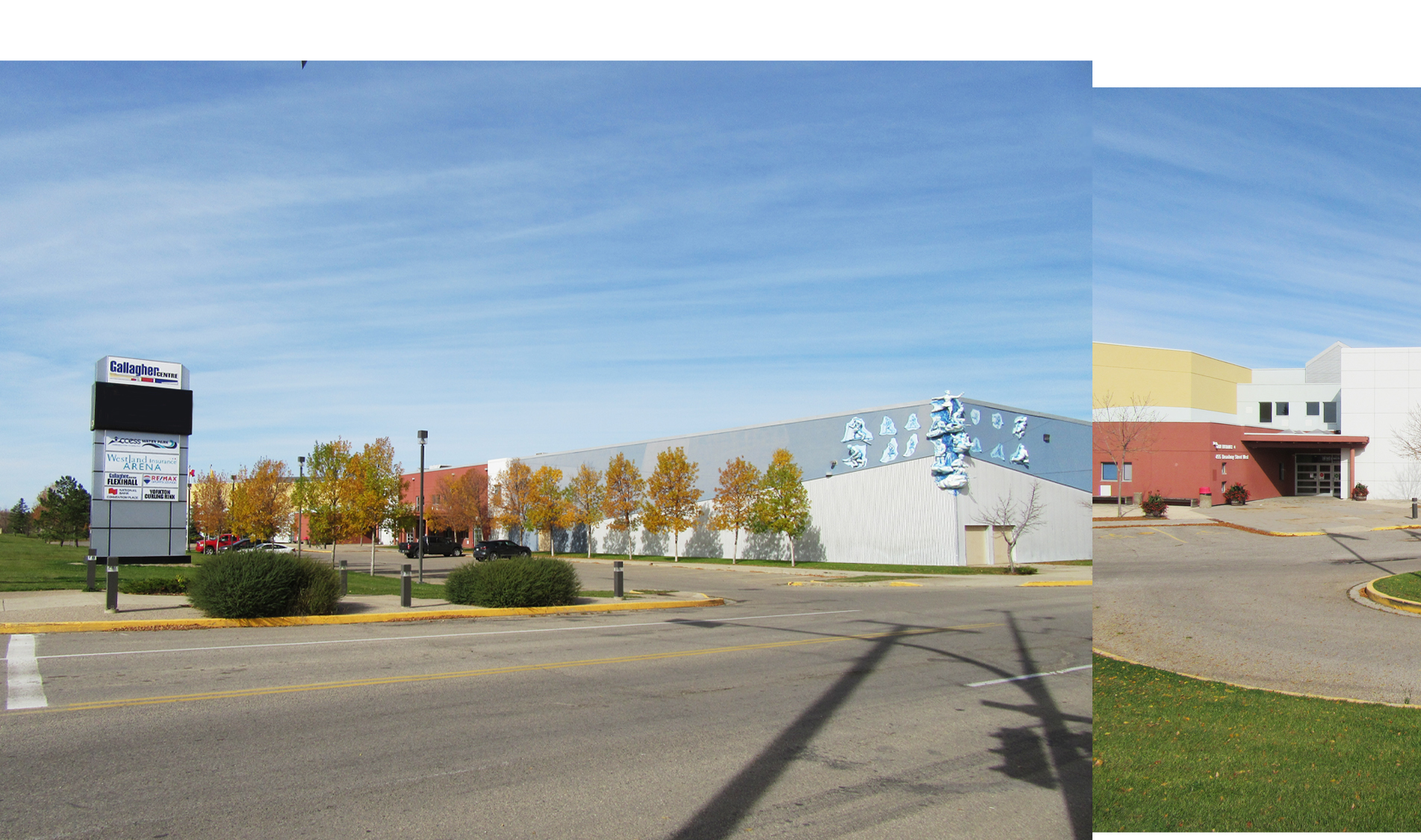Bronze Star
|
|
The Lifesaving Society's Bronze Star develops swimming proficiency, lifesaving skill and personal fitness. Candidates refine their stroke mechanics, acquire self-rescue skills, and apply fitness principles in training workouts. Bronze Star is an excellent preparation for success in Bronze Medallion and provides a fun introduction to lifesaving sport. Includes a 400 meter fitness challenge workout.
Prerequisite: None; swimming ability required; recommended Swimmer 6 and/or Swim Patrol
|
Bronze Medallion
|
|
The Lifesaving Society's Bronze Medallion challenges the candidate both mentally and physically. Judgment, knowledge, skill, and fitness – the four components of water rescue – form the basis of Bronze Medallion training. Candidates acquire the assessment and problem-solving skills needed to make good decisions in, on and around the water. Stroke mechanics, endurance, and rescue of others are included.
Bronze Medallion is a prerequisite for assistant lifeguard training in the Lifesaving Society's Bronze Cross. Includes a 400 meter timed swim within 12 minutes.
Currency: Two years
Prerequisite: Minimum age 13 or completion of Bronze Star
|
Bronze Cross
|
|
The Lifesaving Society's Bronze Cross begins the transition from lifesaving to lifeguarding and prepares candidates for responsibilities as assistant lifeguards. Candidates strengthen and expand their lifesaving skills and begin to apply the principles and techniques of active surveillance in aquatic facilities. Bronze Cross emphasizes the importance of teamwork and communication in preventing and responding to aquatic emergencies. Stroke mechanics and endurance are also included.
Bronze Cross is a prerequisite for advanced training in the Lifesaving Society’s National Lifeguard award (NLS) and leadership certification programs such as Lifesaving Instructor. Includes a 400 meter timed swim within 11 minutes.
Currency: Two years
Prerequisite: Bronze Medallion
|
Standard first aid and CPR-C (SFA) with AED or Aquatic Emergency Care (AEC)
|
|
The Lifesaving Standard First Aid course provides comprehensive training covering all aspects of first aid and CPR. This course is Occupational Health and Safety approved in Saskatchewan and in Canada. Aquatic Emergency Care teaches everything included in the SFA course and builds on this with special skills for lifeguards in aquatic rescues.
Currency: Two years for AEC, three years for SFA
Prerequisite: None
|
National Lifeguard – Pool
|
|
The National Lifeguard certification is Canada's professional lifeguard standard.
National Lifeguard training emphasizes prevention and effective rescue response in emergencies, including first aid treatment. Candidates develop teamwork, leadership and communication skills. Fitness requirements include a timed object recovery, 50 metre sprint challenge, 50 metre rescue drill and 400 metre endurance challenge.
Currency: Two years
Pre-Requisite: Minimum 15 years of age, Bronze Cross Award (need not be current), Standard First Aid/CPR-C award or Aquatic Emergency Care award.
Only the following four organizations' Standard First Aid/CPR C awards will be recognized as a prerequisite:
1) Lifesaving Society
2) Canadian Red Cross
3) Canadian Ski Patrol
4) St. John Ambulance
|
Swim for Life and Lifesaving Instructor
|
|
The Lifesaving Society's Swim for Life and Lifesaving Instructor awards provide candidates with theory, knowledge and skills and practice to teach swimming lessons and aquatic leadership courses such as Bronze Medallion and Cross.
Currency: Two years
Pre-Requisite: Minimum 15 years of age, Bronze Cross Award (need not be current)
|
National Lifeguard – Water Park
|
|
National Lifeguard Waterpark provides advanced training to develop the lifeguarding skills, principles and practices and the decision-making processes which will assist the lifeguard to provide effective safety supervision in waterpark environments.
Currency: Two years
Prerequisite: National Lifeguard – Pool
|
Aquatic Supervisor Training
|
|
This is a course for first and second year pool managers and/or head lifeguards. The course will prepare lifeguards and instructors for the new responsibilities and challenges they will face when being placed “in charge” of an aquatic environment.
Pre-requisites: Lifesaving Instructor, National Lifeguard (any option) and 100 hours of work as a lifeguard and/or instructor (in either a paid or unpaid position – prior to the start of the course; written proof of 100 hours required).
|












